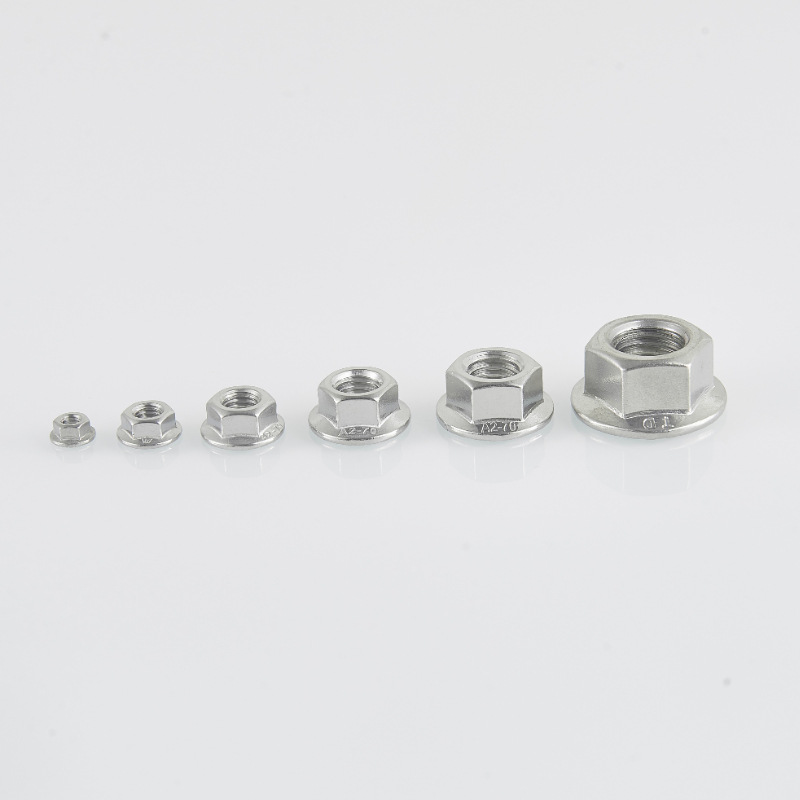

8mm stud bolt
Aug . 31, 2024 06:05 Back to list
8mm stud bolt
Understanding 8mm Stud Bolts Applications and Specifications
Stud bolts are essential components used in various engineering and construction applications, providing reliable connections and structural integrity. Among the many sizes available, the 8mm stud bolt stands out due to its versatility and suitability for a wide range of uses. This article will discuss the characteristics, applications, and considerations associated with 8mm stud bolts.
Characteristics of 8mm Stud Bolts
An 8mm stud bolt is characterized by its length and diameter—specifically, a diameter of 8 millimeters. These bolts are typically manufactured from high-strength materials, such as carbon steel, stainless steel, or alloy steel, which results in superior durability and resistance to corrosion. The strength of an 8mm stud bolt is often denoted by its tensile strength, and they can be further categorized based on their mechanical properties and coating types, such as zinc-plated or galvanization, which enhances their resistance to environmental factors.
Stud bolts usually have threading on both ends, with a smooth, unthreaded shank in the middle. This design allows for the easy attachment of nuts and washers, ensuring a secure fit. The use of proper washers is essential when installing stud bolts to distribute the load and minimize the risk of surface damage.
Applications of 8mm Stud Bolts
The 8mm stud bolt is versatile and widely used in various applications across different industries
. Some common uses include1. Construction In constructing buildings and infrastructure, 8mm stud bolts are used to fasten structural elements, including steel beams, columns, and frames. Their ability to bear substantial loads is crucial in ensuring the safety and stability of a structure.
8mm stud bolt

2. Automotive Industry In automotive manufacturing, these bolts are often used to secure engine components and fittings. Their reliability ensures that critical engine parts remain intact under high-stress conditions.
3. Mechanical Engineering 8mm stud bolts are frequently used in machinery and equipment assembly, where robust fastening is needed to withstand vibration and dynamic loads.
4. Plumbing and HVAC In the plumbing and heating, ventilation, and air conditioning (HVAC) industries, these studs secure piping and ductwork, ensuring effective fluid and air transfer.
Considerations for Using 8mm Stud Bolts
When selecting 8mm stud bolts for a specific application, several factors should be considered. The material and coating type should align with the environmental conditions they’ll face. For example, stainless steel is preferred in corrosive environments, while carbon steel may be sufficient in dry conditions.
Additionally, proper installation techniques are vital for achieving optimal performance. This includes using the correct torque specifications to prevent over-tightening, which can lead to bolt failure. Regular inspections are also essential to identify any signs of wear or corrosion.
In conclusion, 8mm stud bolts play a crucial role in various applications, providing strength, reliability, and safety in structural connections. Understanding their characteristics and proper usage will ensure that they perform effectively in any project, making them an indispensable choice for engineers and builders alike.
Latest news
-
Hot Dip Galvanized Bolts-About LongZe|High Strength, Corrosion Resistance
NewsJul.30,2025
-
High-Strength Hot Dip Galvanized Bolts - Hebei Longze | Corrosion Resistance, Customization
NewsJul.30,2025
-
Hot Dip Galvanized Bolts-Hebei Longze|Corrosion Resistance&High Strength
NewsJul.30,2025
-
High-Strength Hot-Dip Galvanized Bolts-Hebei Longze|Corrosion Resistance&High Strength
NewsJul.30,2025
-
Hot Dip Galvanized Bolts-Hebei Longze|Corrosion Resistance&High Strength
NewsJul.30,2025
-
Hot Dip Galvanized Bolts - Hebei Longze | Corrosion Resistance, High Strength
NewsJul.30,2025

